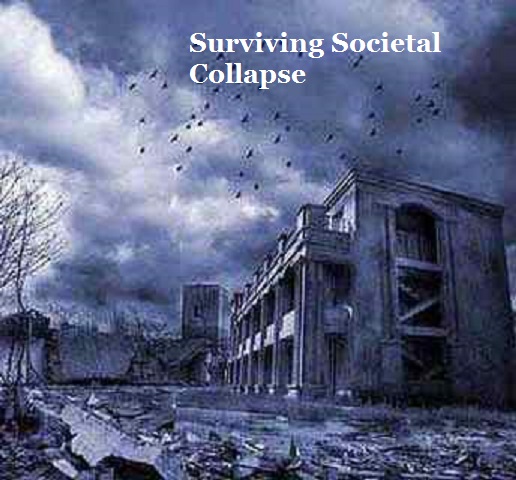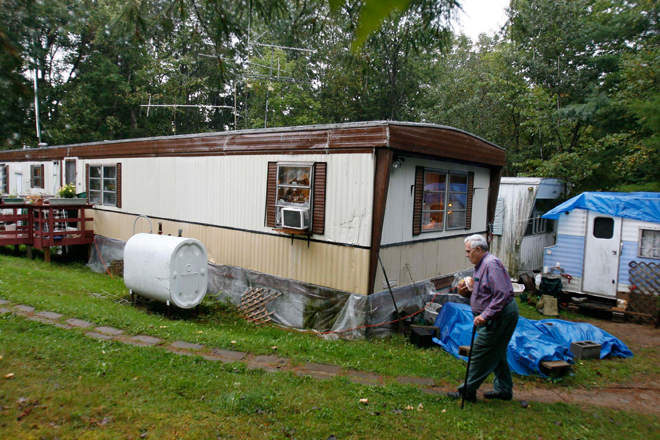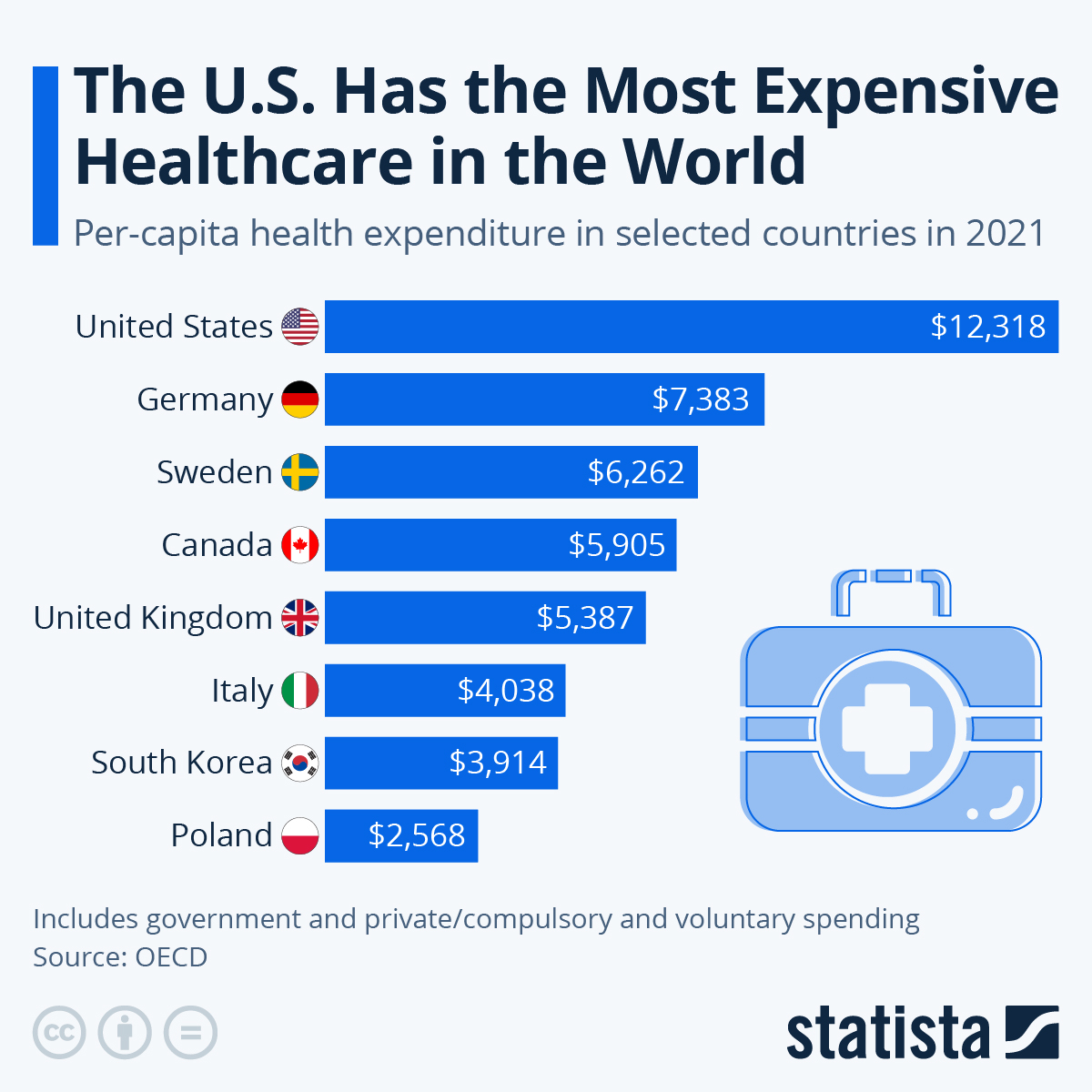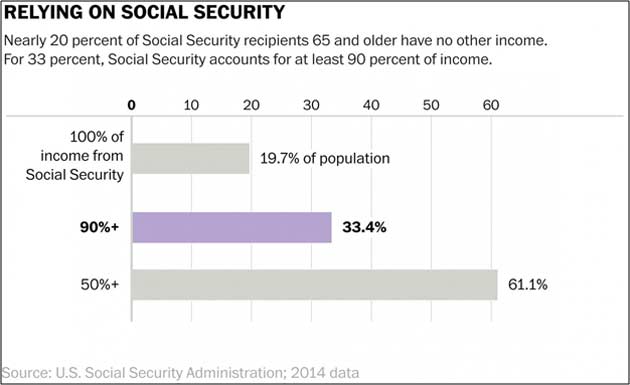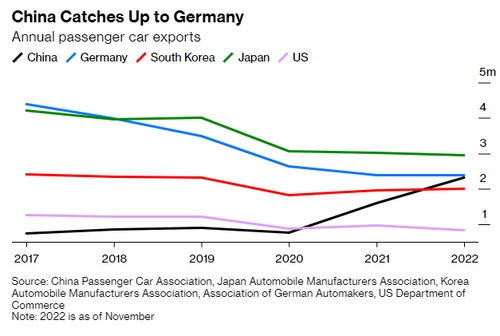High-tech societies are particularly vulnerable to collapse due to their population being dependent on both the system and others to provide the basic items they need to survive in everyday life. Electricity, food, water, sewer systems, phone and computer connections, transportation, and healthcare fall into this category. Just about everything else we have come to expect and experience as we go through our day depends on technology.
Life has become more complex as we transferred the task we did in the past to machines, and this could come back to haunt us. Our growing dependence on computers and devices such as smartphones and computers has dumbed down society. This has compromised the skills we need to endure and survive. We have reached the point where many people can not do simple math or read a map.
A video by City Prepping reveals just how difficult it would be to survive following a massive disaster where no help or aid comes forth. Imagine being forced to exist for months on your own. The video points out many people will die if such a situation would arise. Would you know what to do? Even if you do, many of the things that would help you and your family survive are easier said and done.
The video gives ideas and details on how to survive the first 90 days following a major widespread society-altering catastrophe. It also makes clear and helps drive home the reality that even after that time things would probably not improve rapidly, but that is an entirely different subject. This idea dovetails with previous AdvancingTime articles warning that the government, or governments in general, are incapable of taking care of its population during a major widespread disaster.
 |
| Most People Are Ill-Prepared To Face A Major Disaster |
It does not help that most people are ill-prepared to face the obstacles and miseries such conditions would heap upon them. Then there is also mother nature which is very capable of pounding them with additional challenges. While this blog is not a "preppers destination" and generally focuses on cultural and economic issues, it also notes the idea of a total collapse of our society and support system must be considered. This includes the notion of an electromagnetic pulse knocking out and destroying all electronic devices.
Flowing into this is that military analysts have long warned about the threat of electromagnetic pulses, such a blast of radio waves could burn out most electronic devices. The most extreme version is a nuclear EMP from a high-altitude explosion. It is suggested a ‘ Pearl Harbor’ surprise attack might disable power systems across the continental U.S. and render most electronic equipment unusable. In such a situation, we are talking about a disaster complete with planes falling from the sky and automobiles hopefully coasting to a stop.
 |
| Rebooting Our Systems Would Be Difficult |
Even if you don't take the threat seriously of such a life-altering event occurring, watching the video I refer to at, https://www.youtube.com/watch?v=OEBVVVTNFAY merits a few minutes of your attention. Simply being aware of some of the issues you might someday be forced to face could save your life. Basic survival skills are important and being prepared is linked to thinking about what is often considered the unthinkable.
The video also addresses the issue of making the important decision as to whether to flee the area or try to move to what you think will be a safer location following a disaster. This is often referred to as "bugging out." It points out that if you choose to move, relocating should be done sooner than later. After the first few days as people become desperate, unrest and violence will most likely surge making travel unsafe. Still, the matters of where to go, what to take, and how to get there remain. In my opinion, those city-dwellers living in dark high-rise apartments will find little comfort in their choice as the hallways and stairs become dangerous to navigate.
Well, that is enough doom-porn for one day, and following this post I will be returning to subjects more in line and related to the world we are more likely to face. Still, remember, even local governments urge people to prepare when a storm is forecast in the offing. Being prepared for an event that may never happen is both a pain in the ass and can be expensive. It also takes a great deal of discipline. Still, when all is said and done, it may be the most important thing you ever do.
(Republishing of this article welcomed with reference to Bruce Wilds/AdvancingTime Blog)
